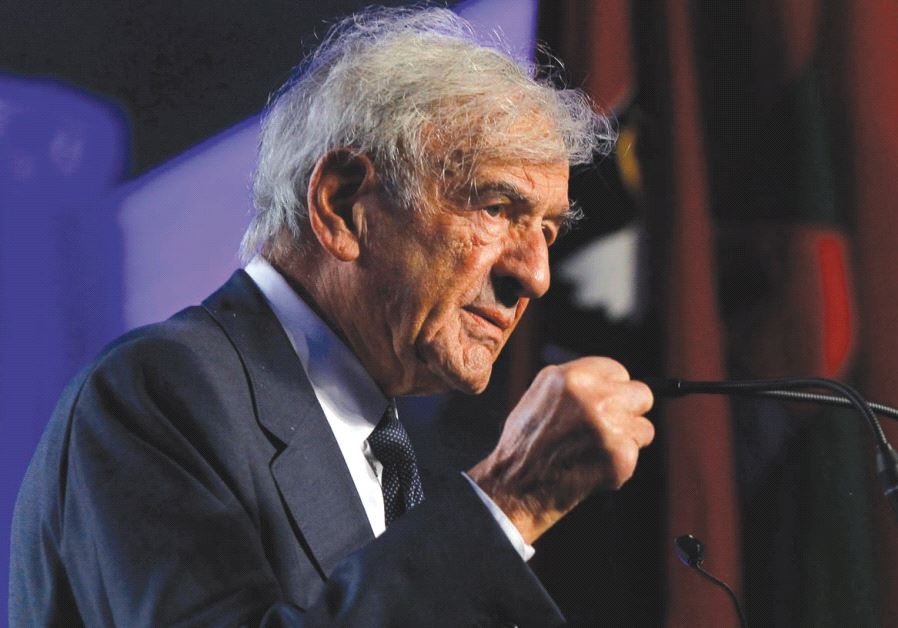No Holds Barred: Wisel's memorial service should move Israel to bomb Syria's crematoria
The Kaddish prayer is among the holiest of the Jewish canon. It contains multitudes of mystical secrets, and much of its meaning is a mystery.
 Elie Wiesel speaks at a World War II tribute
Elie Wiesel speaks at a World War II tribute